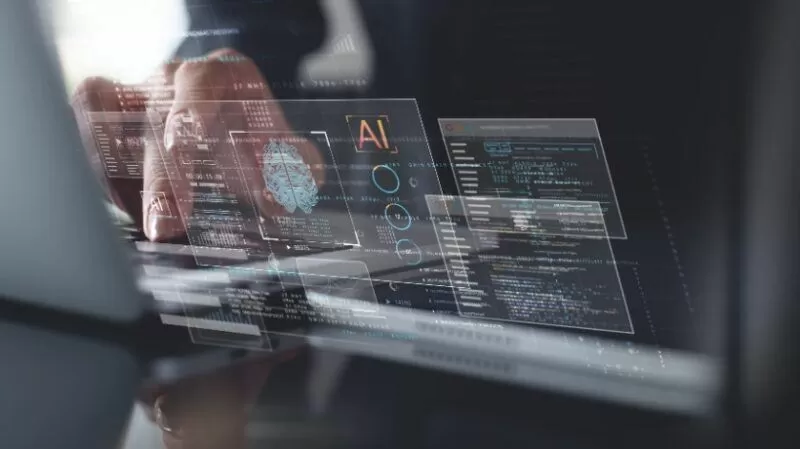Artificial intelligence (AI) has revolutionized various industries, and the education sector is no exception. With the rise of AI-driven personalized learning, the way students learn and interact with educational content has been transformed. This innovative approach to education has opened up a world of opportunities for students, while also posing some challenges. In this article, we will explore the potential of AI-driven personalized learning and its impact on student engagement, achievement, and educational equity.
Personalized learning refers to the process of tailoring education to meet the unique needs and abilities of individual students. It takes into account their learning styles, interests, and pace of learning. With the help of AI, this approach has become more efficient and effective. AI algorithms can analyze vast amounts of data, including students’ performance, preferences, and learning patterns, to create personalized learning experiences. This means that students can now learn at their own pace, in a way that suits them best.
One of the most significant advantages of AI-driven personalized learning is its impact on student engagement. Traditional classroom settings often follow a one-size-fits-all approach, where students are expected to learn at the same pace and in the same way. This can lead to disengagement and boredom among students who may struggle to keep up or feel unchallenged. With personalized learning, students are more engaged as they have the freedom to learn in a way that interests them. This can lead to a more positive attitude towards learning and a deeper understanding of the subject matter.
Moreover, AI-driven personalized learning has the potential to improve student achievement. By analyzing student data, AI algorithms can identify areas where students may need additional support and provide them with targeted learning materials. This can help students overcome their weaknesses and improve their performance. Additionally, personalized learning can also challenge high-achieving students by providing them with more advanced materials and tasks, allowing them to reach their full potential.
Another crucial aspect of AI-driven personalized learning is its potential to promote educational equity. In traditional classrooms, students from different backgrounds, with varying abilities and learning styles, are often taught in the same way. This can create a disadvantage for some students, leading to the achievement gap. However, with personalized learning, students can receive tailored instruction that caters to their individual needs. This can help level the playing field and provide equal opportunities for all students to succeed.
Despite its many benefits, AI-driven personalized learning also poses some challenges. One of the main concerns is the potential for data privacy and security breaches. As AI algorithms collect and analyze vast amounts of student data, there is a risk of this information being misused or falling into the wrong hands. It is crucial for educational institutions to have strict protocols in place to protect student data and ensure its ethical use.
Another challenge is the need for proper training and support for teachers. With the implementation of AI-driven personalized learning, the role of teachers may shift from traditional lecturing to facilitating and guiding students through their personalized learning journey. This requires teachers to have a thorough understanding of AI and its applications in education. It is essential for schools to invest in training and support for teachers to ensure the success of personalized learning.
In conclusion, AI-driven personalized learning has the potential to transform the education sector in many ways. It can improve student engagement, achievement, and promote educational equity. However, it is crucial to address the challenges associated with its implementation, such as data privacy and teacher training. With proper measures in place, AI-driven personalized learning can revolutionize the way students learn and pave the way for a more inclusive and effective education system.
This article was first published on eLearning Industry, a leading online community for eLearning professionals and enthusiasts. The platform provides valuable resources, articles, and insights on the latest trends and developments in the eLearning industry. With the rise of AI-driven personalized learning, eLearning Industry continues to be at the forefront of providing relevant and informative content to its readers.






